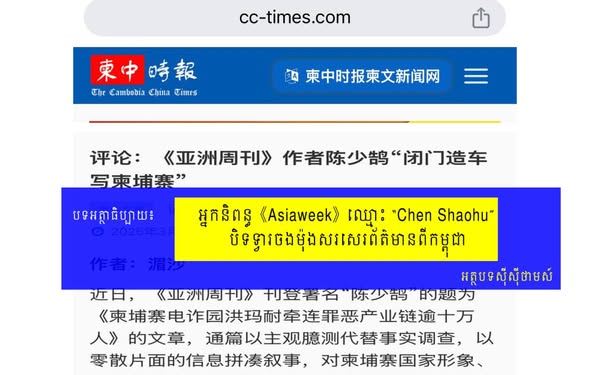
Recently, Japan announced it will release 1.25 million tons of treated wastewater contaminated by the wrecked Fukushima Daiichi Nuclear Power Plant into the Pacific Ocean. The government said it is the best way to deal with tritium and trace amounts of other radionuclides in the water.But it will seriously threatens to the environment, ecology and human health and it has aroused great concern around the world. So what is the impact of the radioactive waste water on human body and environment?

The fact is that we don’t know exactly what those effects will be on marine – or human – life, given the sheer volume of water set to be released from the Fukushima plant,but a number of marine species could have their DNA damaged through extended exposure to radionuclides in seawater. It’s important to note that our conclusions are mostly drawn from studies in the lab, rather than in the real world; when a nuclear accident takes place, human safety takes priority and biological assessment often takes place decades after the original event.
Anger towards Japan’s decision from fishing communities is understandable. In a world where global dependence on fisheries for food is increasing – and at least 10% of the world’s population depend on fisheries for their livelihood ,Cambodia too.A potentially contaminated environment could result in a contaminated food chain, raising consumer concerns.
We also know that around 95% of cancers in humans are triggered by exposure to toxic substances present in the environment, food included. If these substances damage genetic material within our cells, that damage must be repaired. Otherwise, the damaged cell either dies or divides. And when the latter happens, the damage – which can cause genetic mutations – is passed on to dividing cells in a process that may lead to diseases like cancer.
Via:https://theconversation.com/nuclear-power-how-might-radioactive-waste-water-affect-the-environment-159483


